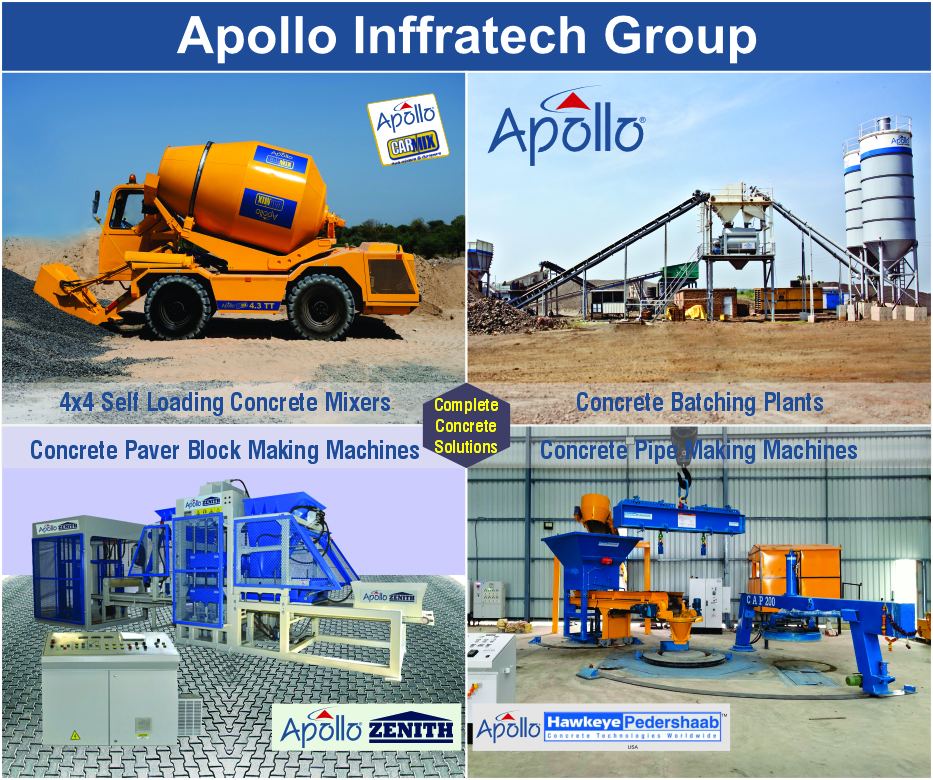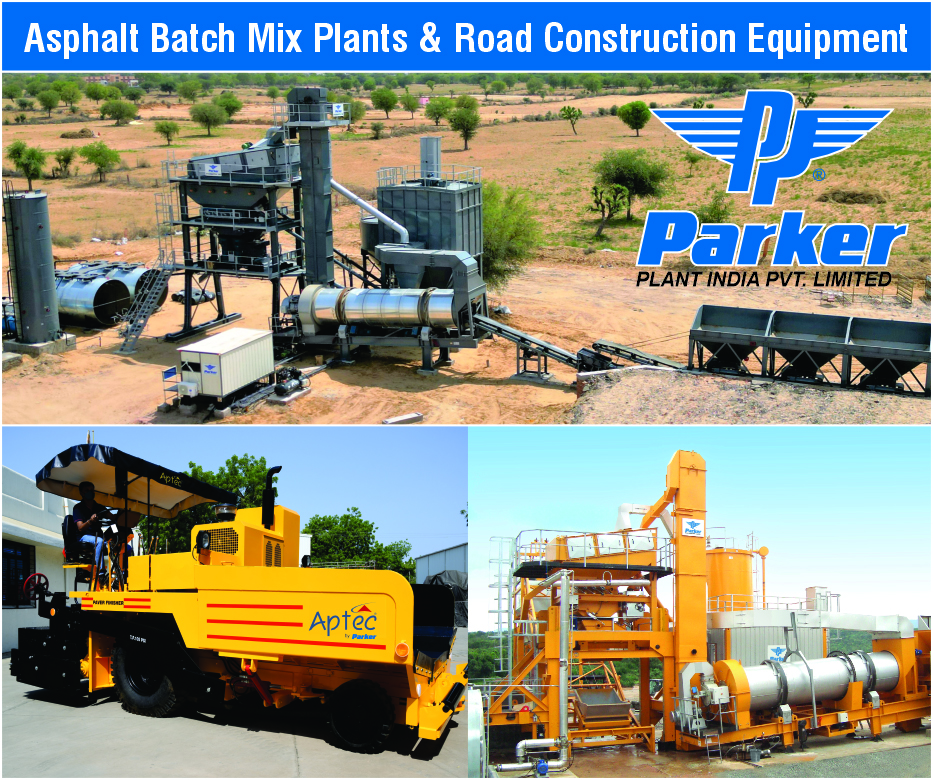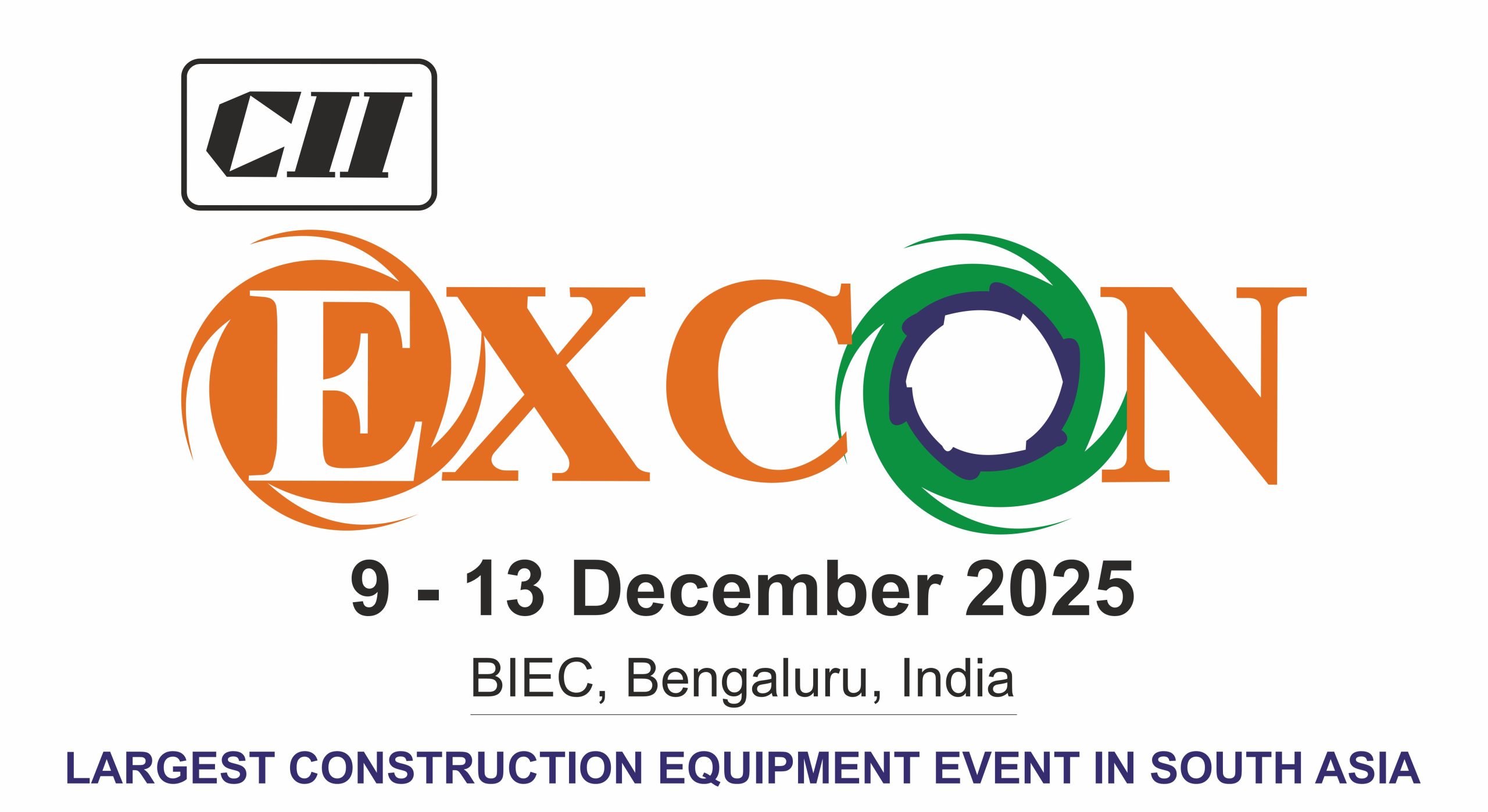A recent report highlights a significant trend in urban development across India, revealing that the built-up footprint in the country’s top eight cities has doubled over the past three decades. This expansion underscores the rapid urbanization and increasing demand for residential and commercial spaces in metropolitan areas.
The report indicates that cities such as Delhi, Mumbai, Bengaluru and Hyderabad have experienced substantial growth in their urban areas, leading to challenges in infrastructure, transportation and environmental sustainability. The doubling of built-up areas reflects both the burgeoning population and the shift towards urban living.
Urban planners and policymakers are now focusing on sustainable development strategies to manage this growth. Emphasis is being placed on enhancing public transportation networks, promoting green spaces and implementing effective waste management systems. Additionally, there is a push towards developing satellite towns and improving connectivity to alleviate pressure on city centers.
While the expansion signifies economic development and improved living standards, it also brings forth challenges that require concerted efforts from government bodies, urban planners and citizens to ensure balanced and sustainable urban growth.








